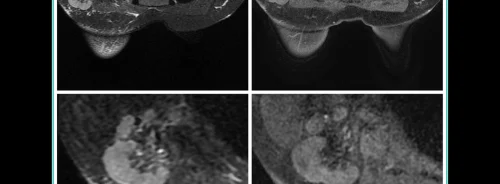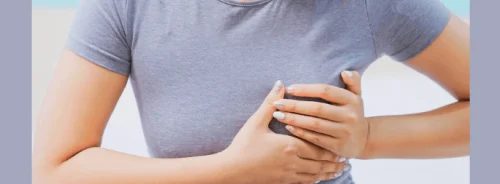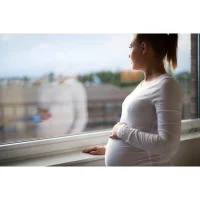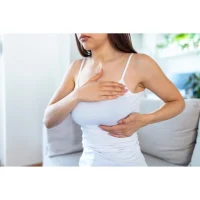Hologic,along with Gallop, developed the Hologic Global Women’s Health Index, a global comparative survey of women’s health. Its purpose is to provide factual data to support and guide global improvement in women’s health. Since 2005, Gallup has been interviewing nationally representative samples of women and men in over 160 countries and territories annually on core topics important to women and the rest of the world.
Among the dimensions being measured is ‘Emotional Health’, which is captured by asking individuals about their negative feelings (worry, sadness, stress, anger) during the prior day and converted into an index for easy interpretation.
Last year, women reported experiencing for much of the previous day: worry (40%), stress (38%), sadness (26%) and anger (23%). Given the COVID-19 pandemic’s effects on individuals, families, and communities, 2020 was difficult for many.
Hologic reported: ‘Women aren’t alone in feeling this way. People worldwide in 2020 were feeling the worst they had in 15 years. Global experiences of worry, stress, sadness and anger continued to rise in 2020 and set new records. Stress alone increased from 35% to 40% worldwide in the span of a year.’
Globally, women scored 68 on Emotional Health, ranging from 89 in Taiwan to 39 in Iraq. Those with their first pregnancy before age 19 and women less than age 75 were more likely to experience negative feelings. Women who posted the lowest scores on Emotional Health resided in countries with political or economic strife in 2020. For example, Women in Iraq reported the worst scores globally (at 39.3), with 57% experiencing anger during much of the previous day.
Feeling of stress, worry, sadness, anger, although normal, can overwhelm and interfere with an individual’s ability to carry out everyday tasks. They are often related to serious conditions, like anxiety and depressive disorders or other mental health diagnoses. Poor emotional health can also diminish cardiovascular health and increase cardiovascular risk.
The Index illustrates uneven and slow progress in women’s health
has been over the past few decades. The World Health Organization recommends
greater investment for awareness, access to care, effective treatments, and
research on new treatments to improve global emotional health. The Hologic
Global Women’s Health Index data identify gaps that can strategically guide
health and community leaders investment and attention around women’s emotional
health.
References:
Hologic Global Women’s Health Index. (2021) Hologic. Available at
hologic.womenshealthindex.com/Hologic_2020-Global-Women%27s-Health-Index_Full-Report.pdf
Comprehensive Mental Health Action Plan 2013-2030 (2021) World Health Organization. Available at www.who.int/publications/i/item/9789240031029











